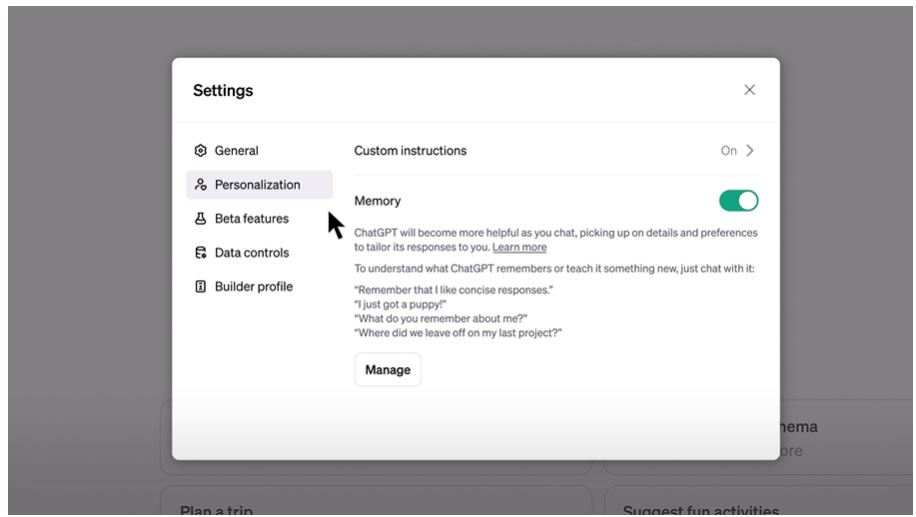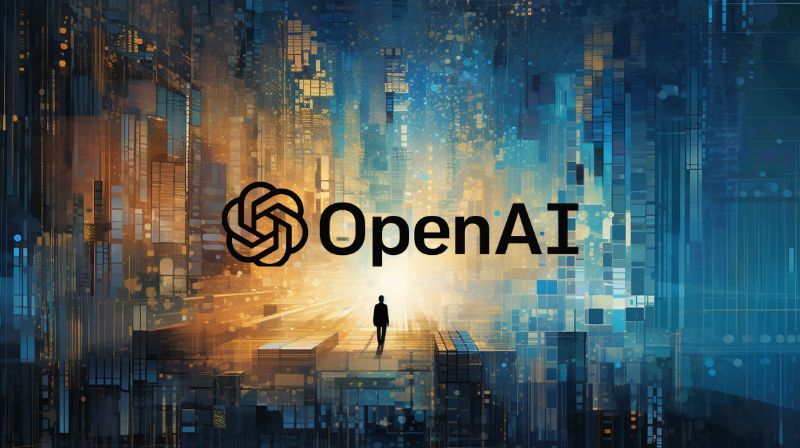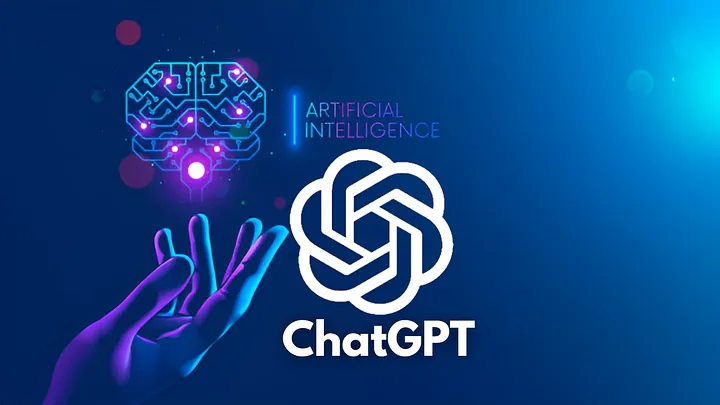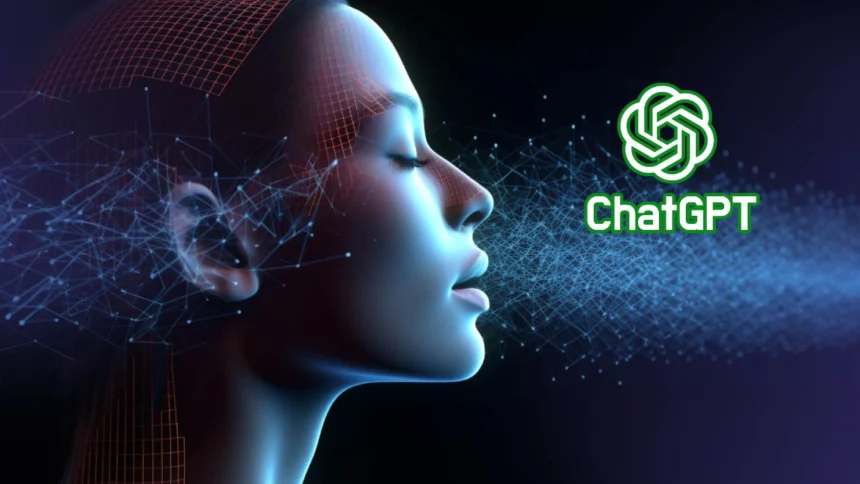ChatGPT is set to acquire the memory ability to retain previous conversations, eliminating the need for users to input the same information repeatedly.
Artificial intelligence powerhouse OpenAI is set to revolutionize its popular chatbot, ChatGPT, by introducing a cutting-edge “memory” feature. This groundbreaking development will enable ChatGPT to recall past conversations, sparing users the need to repeat information.
In a recent blog post on February 13, OpenAI unveiled plans to roll out the memory feature to a select group of ChatGPT premium and free users later this week. The company also hinted at broader implementation plans in the near future.
The memory feature is designed to evolve and improve as ChatGPT engages in more interactions with each user. Over time, the chatbot will develop the ability to remember user preferences and previously shared details, enhancing its capacity to deliver personalized and relevant responses.
OpenAI emphasizes user control, allowing them to adjust the memory function in the settings. Users can explicitly instruct ChatGPT to remember certain information, inquire about its recollections, or even command it to forget specific details. Notably, users have the option to disable the memory feature entirely.
The flexibility extends to temporary chats, which do not utilize memory and remain excluded from the chat history. OpenAI has also implemented custom instructions that empower users to instruct ChatGPT explicitly on what to remember.
With this innovative memory feature, OpenAI aims to elevate the user experience, making ChatGPT more intuitive, personalized, and user-friendly than ever before.

OpenAI announced that it retains the option to utilize content, including memories, obtained through ChatGPT for continuous training of its extensive language models. However, the company clarified that users have the ability to disable data collection.
OpenAI is actively addressing potential biases associated with the memory feature and is committed to ensuring that ChatGPT refrains from remembering sensitive information without explicit user guidance. The firm’s dedication to evaluating and mitigating biases aligns with its ongoing efforts to prioritize user privacy and foster responsible AI development.
“We’re taking steps to assess and mitigate biases, and steer ChatGPT away from proactively remembering sensitive information, like your health details – unless you explicitly ask it to.”
OpenAI asserted that the implementation of the memory feature holds the potential to enhance efficiency by adapting to the work styles, formats, and preferences of its premium users. Furthermore, developers will be granted the option to establish their distinct memory for the GPT builds they create.
In a move to cater to the evolving needs of users, OpenAI introduced an app store in January, exclusively accessible to subscribers of ChatGPT’s pro version. This app store enables users to explore and deploy customized AI chatbots, referred to as GPTs, tailored for specific applications.
A Founding Member departed..
Meanwhile, Andrej Karpathy, one of the founding members of OpenAI, recently announced his departure from the Microsoft-backed organization. In a post on February 14, Karpathy clarified that his decision to leave the company was not influenced by any specific incident and elaborated that he would be dedicating his time to personal projects in the aftermath of his departure.



